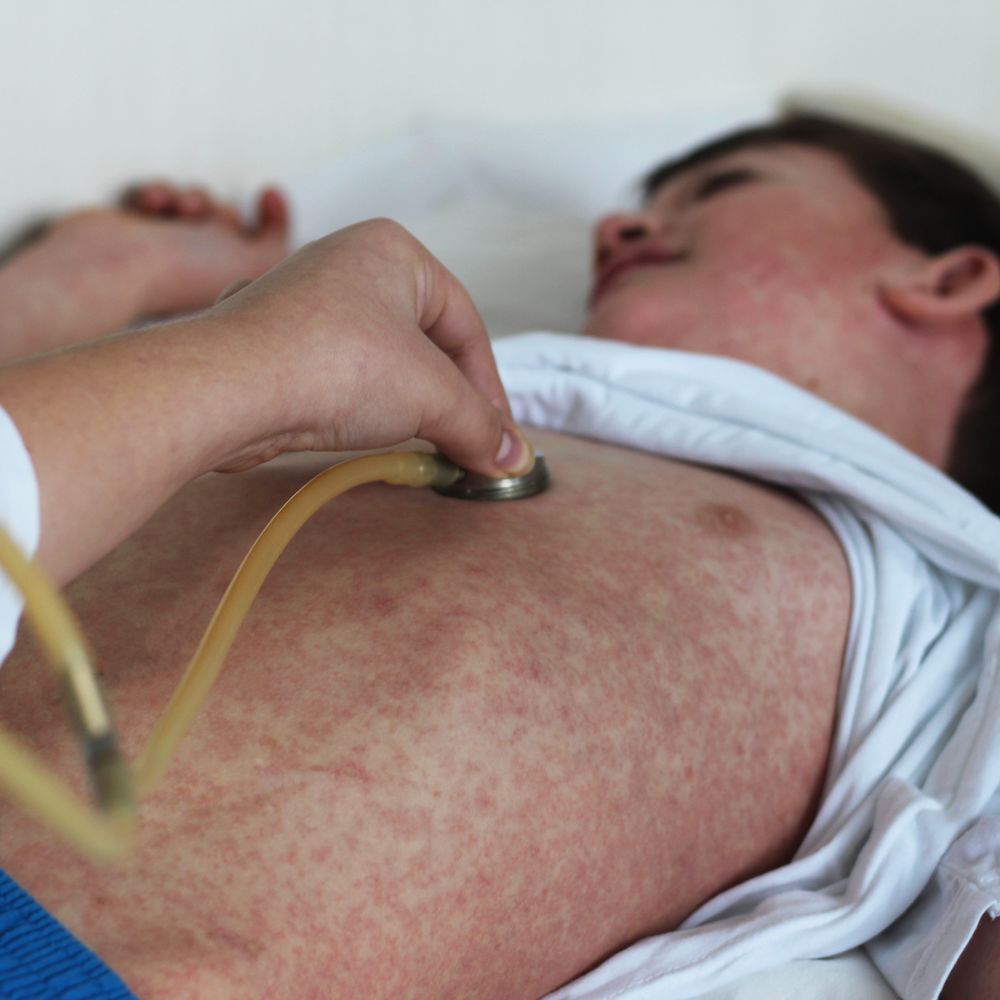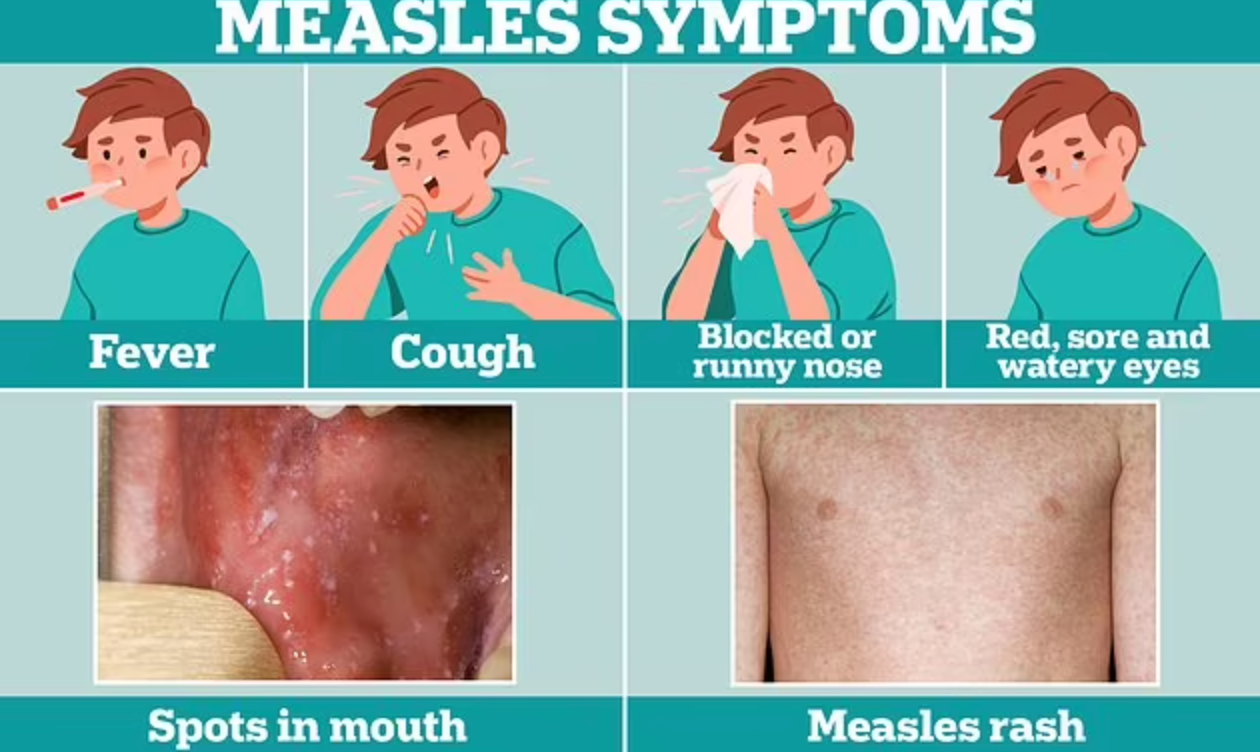In this article, you will learn the differences between type 1 and type 2 diabetes as well as further information on the topic.
There are currently around 537 million people worldwide who suffer from diabetes ( 1 ). This is a form of diabetes, which is known in technical terms as “diabetes mellitus” and is divided into different types of diabetes ( 2 , 3 ). You can find out which types are available, what the differences are and more information about diabetes here.
What is diabetes?
To put it simply, diabetes mellitus is a type of diabetes and an umbrella term for various metabolic diseases. Diabetes is the most common metabolic disease in both children and adults. What all types of diabetes have in common is a lack of the hormone insulin and/or reduced insulin action, which subsequently leads to increased blood sugar levels. The main types of diabetes are type 1 and type 2.
What are insulin and blood sugar?
Insulin is an endogenous hormone with a blood sugar-lowering effect. Basically, it acts as a “door” and unlocks the cells, making it easier for sugar to get out of the blood. The blood sugar that is absorbed through food provides energy for the cells and therefore for our body. If the “door” is not opened, the sugar cannot get into the cells and the sugar content in the blood is too high. As a result, the organs suffer from a lack of energy.
Difference between type 1 diabetes and type 2 diabetes
The table below lists the differences between type 1 diabetes and type 2 diabetes:
| Typ 1 (insulinabhängiger Diabetes) | Type 2 (“ adult-onset diabetes ”) | |
| root cause |
|
|
| What is happening in the body |
|
|
| symptoms |
|
|
| entry |
|
|
| beginning |
|
|
| Frequency in Germany |
|
|
| therapy |
|
Possibility Number 1:
if option 1 is not sufficient:
if option 2 is not sufficient:
|
| prevention |
|
|
Diet for type 1 and type 2 diabetes
Basically, sick people can eat anything. There are no forbidden foods, but diet plays a major role. Eating a balanced and varied diet makes it easier to keep blood sugar under control. In this way, further consequential damage can usually be prevented ( 4 ).
Other types of diabetes
Types 1 and 2 diabetes are the most common forms. Another form is gestational diabetes , also known as gestational diabetes. This is an elevated blood sugar level that first occurs during pregnancy. Statistically, about 4% of pregnant women are affected by the disease . If left untreated, there can be significant risks for both mother and child. Although blood sugar returns to normal after the birth, 30 to 50% of pregnant women develop type 1 or type 2 diabetes in the years that follow. The risk of becoming overweight and developing type 2 diabetes is also increased for the child. The risk factors for gestational diabetes are:
- Age over 30 years
- diabetes in the family
- high blood pressure
- Fat metabolism disorders
- gestational diabetes in the past
- Birth of a child weighing more than 4 kg in the past
Other rare forms of diabetes can also be caused by inflammation of the pancreas, hormone imbalances or medication. In addition, one speaks of “LADA” (late autoimmune diabetes in adults) when type 1 occurs in late adulthood and of “MODY” (maturity onset in the young) when diabetes mellitus develops due to genetic disorders of glucose metabolism. MODY is inherited in the family.




